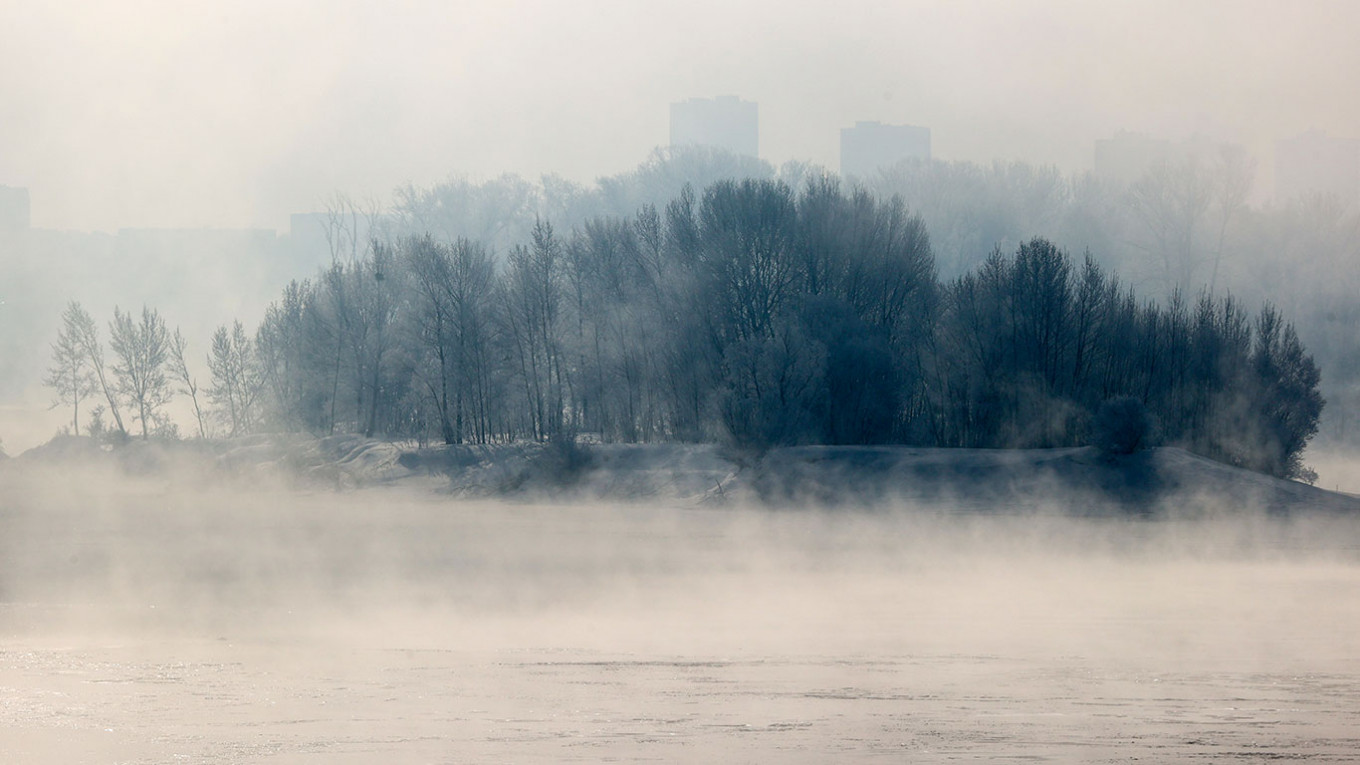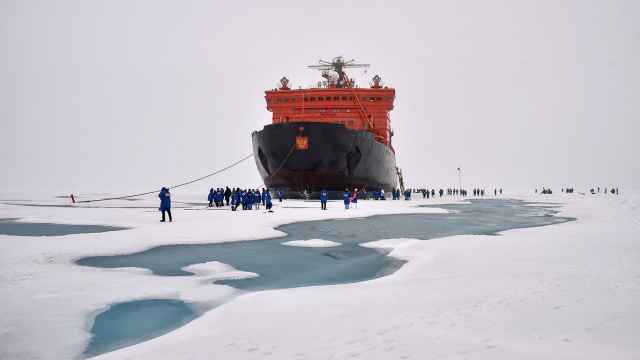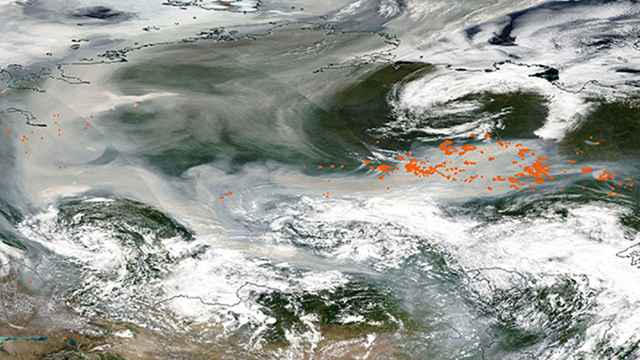The Russian government plans to invest 5.9 billion rubles ($79 million) into climate and decarbonization research in the next eight years, the country’s deputy prime minister for environmental policy Viktoria Abramchenko has said.
The new state-funded research program will focus on studying climate change and strategies for adaptation and decarbonization.
The government hopes that the program will help reduce air pollution as well as improve health and economic conditions in heavily industrialized cities, Abramchenko said.
Creating a system to monitor industrial carbon emissions and boosting Russian ecosystems’ carbon-sink potential are also among the program’s key goals, according to the government.
“Russia will get its own scientific and methodological base that will not only allow us not only to better understand current environmental changes and predict possible risks for the regional economies and their residents, but also to effectively reduce these risks,” Abramchenko said.
The deputy prime minister’s words were echoed by President Vladimir Putin later Tuesday as he also called for a system to track carbon emissions and carbon sink potential across Russia, according to the Ura.ru news website.
“It is necessary to adapt the entire domestic economy to climate challenges,” Putin said in remarks to the presidential science and education council. “In order to account for all the risks and plan our actions correctly, we certainly have to rely not just on someone else’s calculations. We have to objectively and precisely measure the carbon balance in the atmosphere ourselves.”
Putin also noted that the system would have to produce measurements accepted by the global scientific community.
Last year, Putin stated that Russia, one of the world’s top fossil fuel producers, is aiming to achieve carbon neutrality by 2060.
Russia’s vast forests and their ability to absorb carbon dioxide play a key role in this strategy. But experts and scientists have voiced doubts over the ability of the country’s new methodology to accurately measure carbon absorption.
A Message from The Moscow Times:
Dear readers,
We are facing unprecedented challenges. Russia's Prosecutor General's Office has designated The Moscow Times as an "undesirable" organization, criminalizing our work and putting our staff at risk of prosecution. This follows our earlier unjust labeling as a "foreign agent."
These actions are direct attempts to silence independent journalism in Russia. The authorities claim our work "discredits the decisions of the Russian leadership." We see things differently: we strive to provide accurate, unbiased reporting on Russia.
We, the journalists of The Moscow Times, refuse to be silenced. But to continue our work, we need your help.
Your support, no matter how small, makes a world of difference. If you can, please support us monthly starting from just $2. It's quick to set up, and every contribution makes a significant impact.
By supporting The Moscow Times, you're defending open, independent journalism in the face of repression. Thank you for standing with us.
Remind me later.






